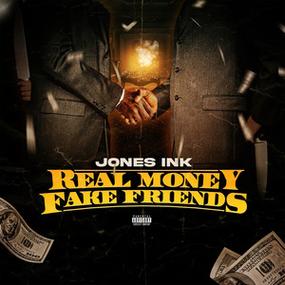Understanding Real Money
Have you ever wondered what “real money” truly means? In this article, we delve into the concept of real money, exploring its various dimensions and its significance in today’s world.
What is Real Money?
Real money, also known as fiat currency, is the official currency of a country. It is issued by the government and is widely accepted as a medium of exchange. Unlike commodities like gold or silver, real money has no intrinsic value and its worth is solely based on the trust and confidence of the people using it.

Real Money vs. Virtual Currency
While real money is tangible and can be held in your hand, virtual currency, such as Bitcoin, operates entirely online. Virtual currencies are decentralized and often operate outside the control of any government or central authority. This distinction is crucial when considering the risks and benefits associated with each type of currency.
The Importance of Real Money
Real money plays a vital role in the economy. It facilitates trade, enables savings, and provides a stable foundation for financial transactions. Here are some key reasons why real money is essential:
| Facilitates Trade | Enables Savings | Stable Foundation for Transactions |
|---|---|---|
| Real money allows for the easy exchange of goods and services, making trade more efficient. | People can save their real money in banks or other financial institutions, ensuring their wealth is preserved for future use. | The stability of real money provides a reliable basis for financial transactions, reducing the risk of fraud and loss. |
The Role of Real Money in the Economy
Real money is the backbone of the economy. It enables governments to implement monetary policies, control inflation, and stimulate economic growth. Here’s how real money impacts the economy:
-
Monetary Policy: Governments use real money to control inflation and stimulate economic growth through various monetary policy tools, such as adjusting interest rates and controlling the money supply.

-
Inflation Control: Real money helps governments manage inflation by ensuring that the value of money remains stable over time.
-
Economic Growth: Real money provides a stable foundation for businesses to invest, expand, and create jobs, ultimately driving economic growth.
The Risks of Real Money
While real money is widely accepted and plays a crucial role in the economy, it is not without its risks. Here are some potential risks associated with real money:
-
Inflation: The value of real money can decrease over time due to inflation, eroding the purchasing power of your savings.
-
Bank Failures: If you hold your real money in a bank, there is a risk that the bank may fail, resulting in a loss of your savings.
-
Government Intervention: Governments can impose capital controls or other measures that may affect the value of real money.
Conclusion
Real money is an essential component of the economy, providing a stable foundation for trade, savings, and financial transactions. While it is not without its risks, understanding the concept of real money and its role in the economy can help you make informed decisions about your financial future.










